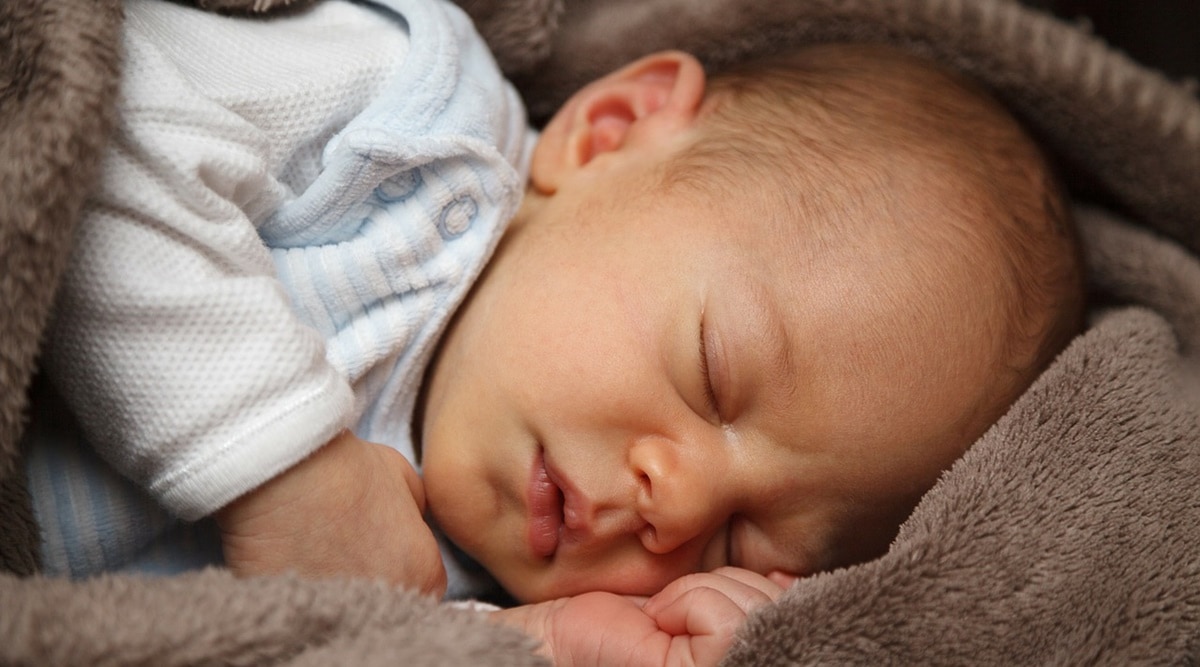What affects your baby’s sleep? How to deal with frequent wakings

While everything may seem overwhelming, with a little bit of patience, the baby will sleep, and so will you!

By Shruti Malani
“I want to sleep like a baby,” said no mother ever! There are several reasons that contribute to the frequent waking of a baby. Since babies have very small stomachs, hunger and thirst are the top reasons. Other than that, babies may also get up if they are unwell, wet, too hot or cold, over-stimulated or need pacification.
It is also important to understand that while babies sleep for 15-22 hours a day – a lot is going on during this time. They are developing physically; their bones are fusing together, and muscles are gaining strength (by five months, babies should double their birth weight). Their brain activity during sleep has a direct impact on their ability to learn and leads to healthy brain development. Hence, good sleep is as important to babies as nutrition and activity.
As babies wake up so often, it may cause sleep deprivation for parents (especially for the mother if the baby is breast-fed). It is therefore important to understand baby sleep and adapt right practices that help your baby sleep better.
Hacks for smart parents to ensure better sleep for their babies:
Sleep Routine: Babies understand repetition. A consistent sleep routine that involves a light massage, bath, or light music, may help them sleep better. Babies need to be pacified till they show signs of drowsiness and gently put to sleep in their bed.
Avoid Rocking/ cradles: From both the safety and habit perspective, babies should not be swung or rocked to sleep on an everyday basis. This makes them fussier sleepers and creates problems for parents as they grow up.
Hygiene and health: Hygiene factors such as the baby being clean and dry, well-fed and burped should always be taken care of. Health issues such as colic and GERD or acid reflux create discomfort and prevent your baby from falling asleep.
Temperature: Paediatricians recommend a temperature of 24-25 degree Celsius for a baby’s room. If babies feel too hot or cold, they may wake up.
Choose a good baby mattress: Doctors/paediatricians all over the world recommend for babies to sleep on a FIRM mattress, on their back only. This reduces the chances of SIDS/ suffocation. For the first six months, babies should ideally sleep in their own crib which can be placed in the parents’ room.
Your baby is spending 70 per cent of their time sleeping. Therefore, where they sleep is of paramount importance. A baby’s crib should be sturdy and safe. Since the mattress is in direct contact with the baby, it should be firm, unused, made from certified and safe materials (preferably natural), be waterproof and procured from a trustworthy source.
Get help: It may be overwhelming to take care of a baby that constantly needs attention, as well as to run a house. It is therefore advisable to ask your family and friends to help, especially for the initial month till the baby and the parents settle in.
While everything may seem overwhelming, with a little bit of patience, the baby will sleep, and so will you!
(The writer is Co-Founder, Beddy by Centuary.)
Source: Read Full Article




